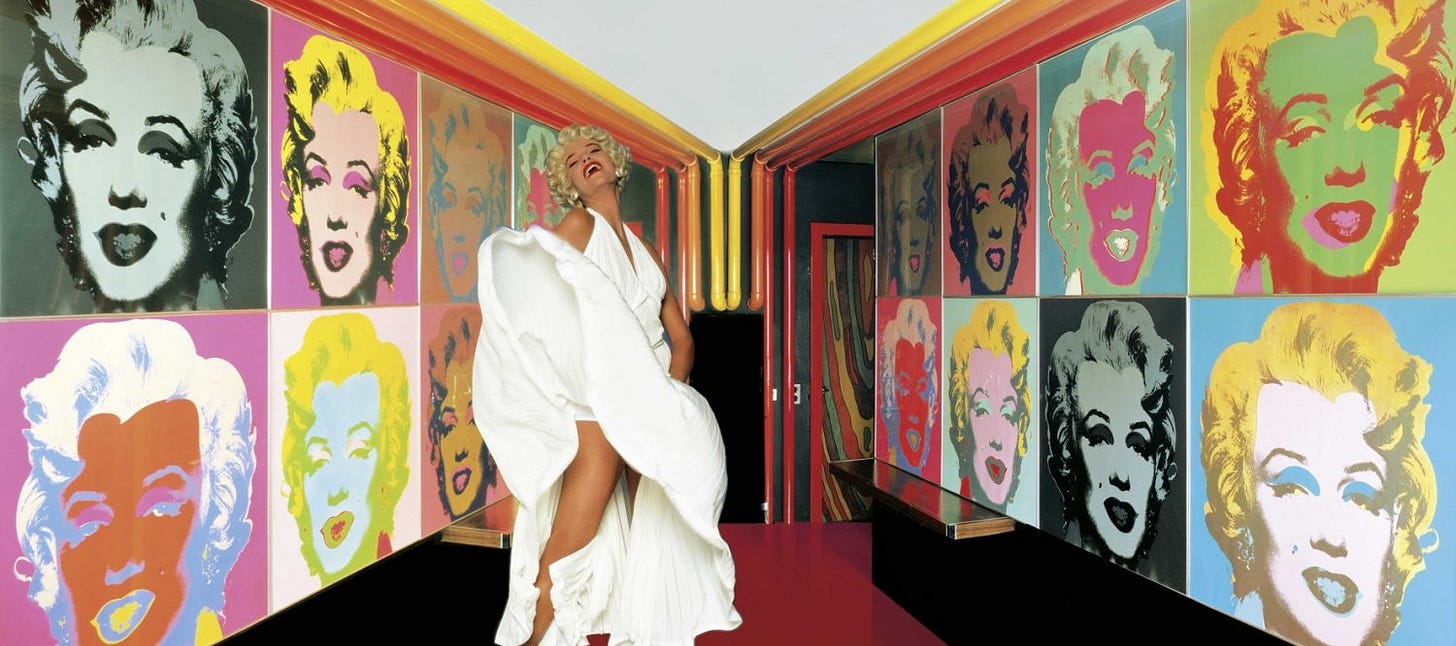Spirit and The Cost of Cognition
If it can be repeated, it will be replaced—soon.
Three short N.B.’s before my new essay:
1) Next Summer’s Cluny Conference: Tickets for the ZOE Conference (“Life Abundant in an Artificial Age”) are available to subscribers of this newsletter at a 20% discount until Nov. 10. Please use code “antimimetic” at checkout. While speakers haven’t been announced yet, I can tell you that Girard’s name will surely be invoked (for those interested in the mimetic and anti-mimetic dimensions of the theme, abundant life…)
2) Hiring for a Full-Time Role: I’m hiring an apprentice—either part-time or full-time—in a marketing and operations role ASAP. It’s not for the tame, as you’ll be thrown quickly into the publishing industry and the media worlds and tasked with approaching everything differently (there are no good models!)… But the upside is practically infinite, and we’ll have a lot of fun building something important together. If interested, please apply here.
3) DC Halloween Event / SF Party: Cluny is hosting Dasha Nekrasova for a live event on …




